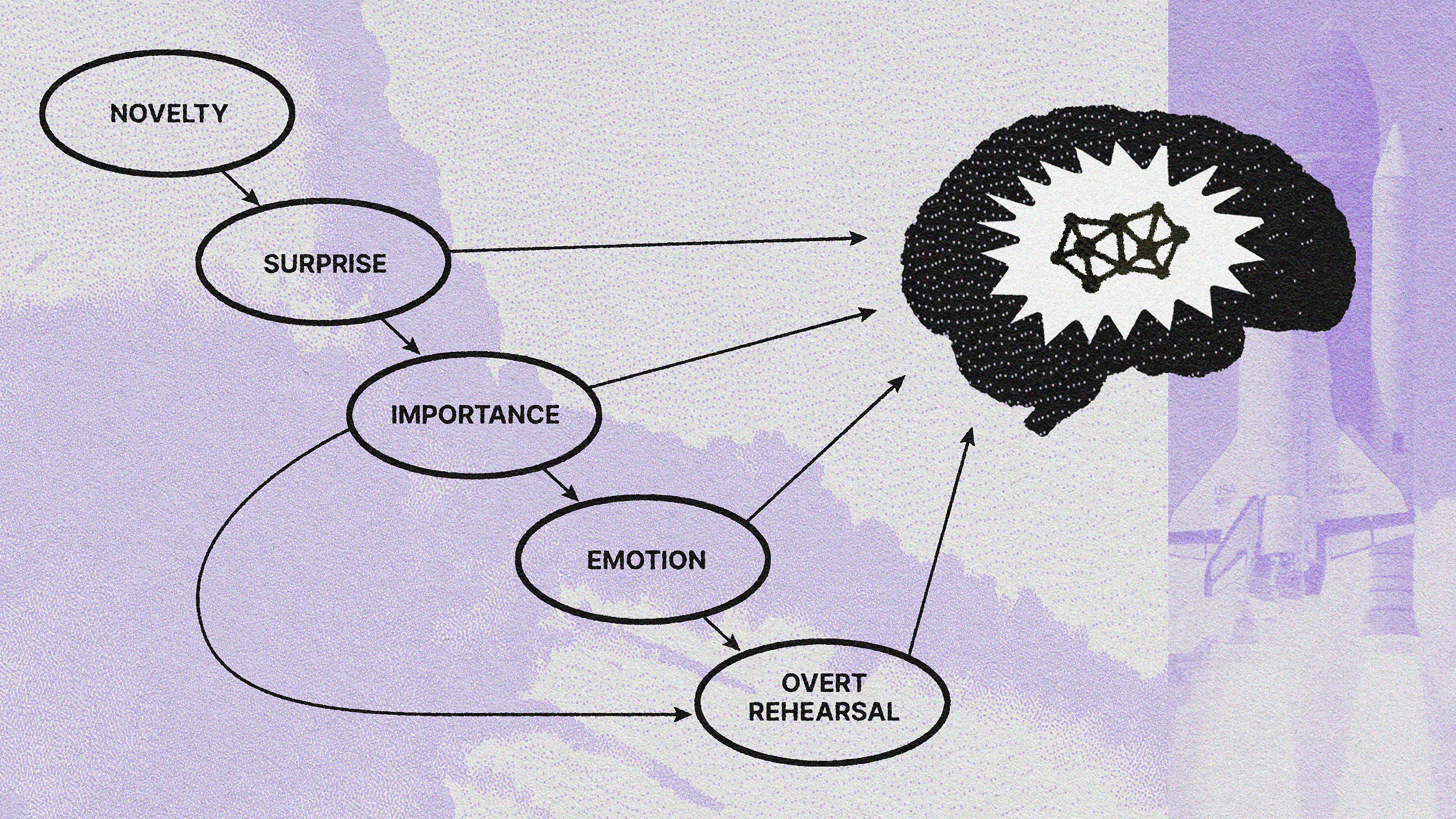How Often Are Your Memories Incorrect?

What’s the Latest Development?
Researchers in the UK have just completed one of the largest ever studies of human memory and preliminary results indicate our recall of even basic events is quite fallible. In the study, individuals were shown pairs of words like CUPCAKE and CARDBOARD. Later, they were shown a new but similar word like CUPBOARD and a new dissimilar word like SAWDUST. About 71 percent of the time, individuals would state correctly they had not seen the third and unrelated word before. Only 53 percent of the time would they state correctly they had not seen the third and similar word.
What’s the Big Idea?
Memory does not work like a computer, in which a precise file is drawn from a data bank tucked safely away from the influence of other data. Remembering involves a process of reconstruction which requires storing visual information toward the back of the brain. Ironically, recalling past events with accuracy is extremely important to our ability to learn from experience. “To experience the rich, vivid ‘re-living’ of a past event that is remembering, we fit these features together into a representation of what took place.”
Photo credit: shutterstock.com





